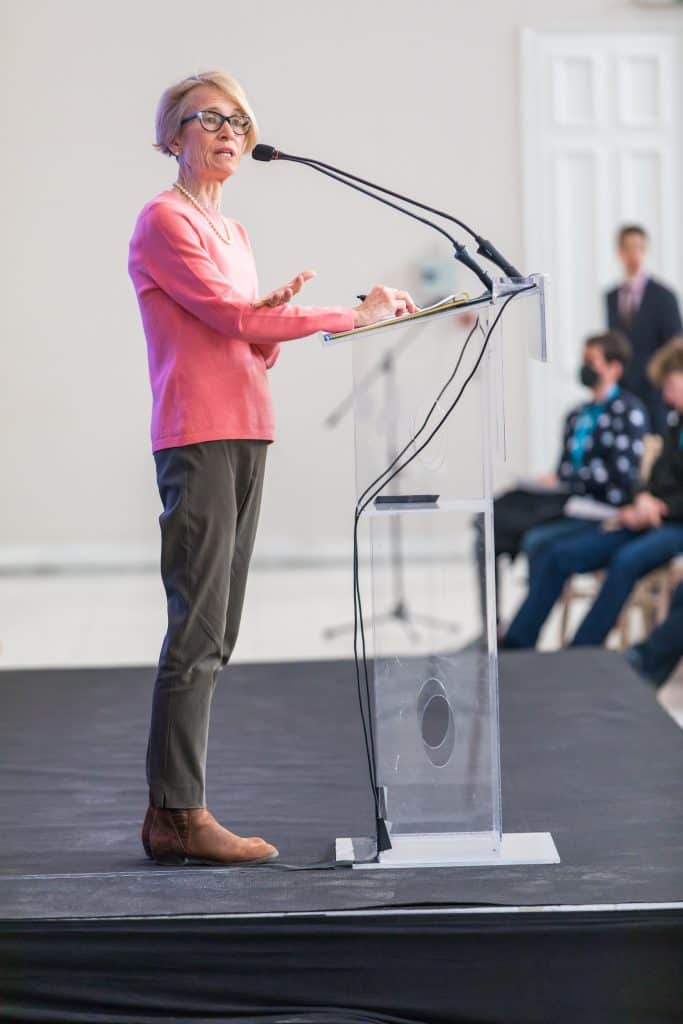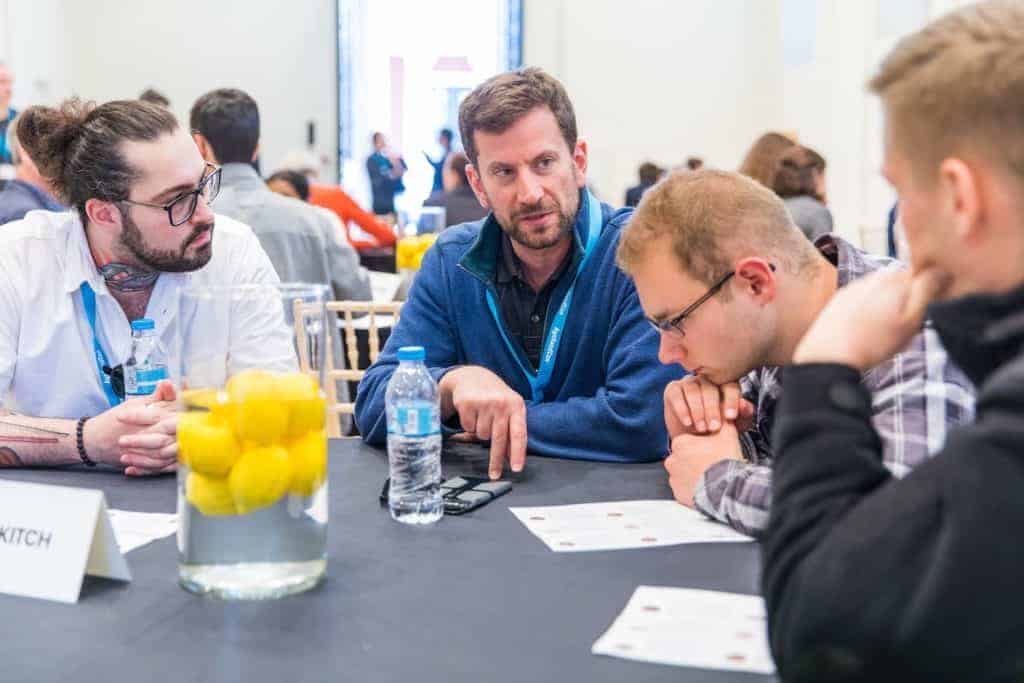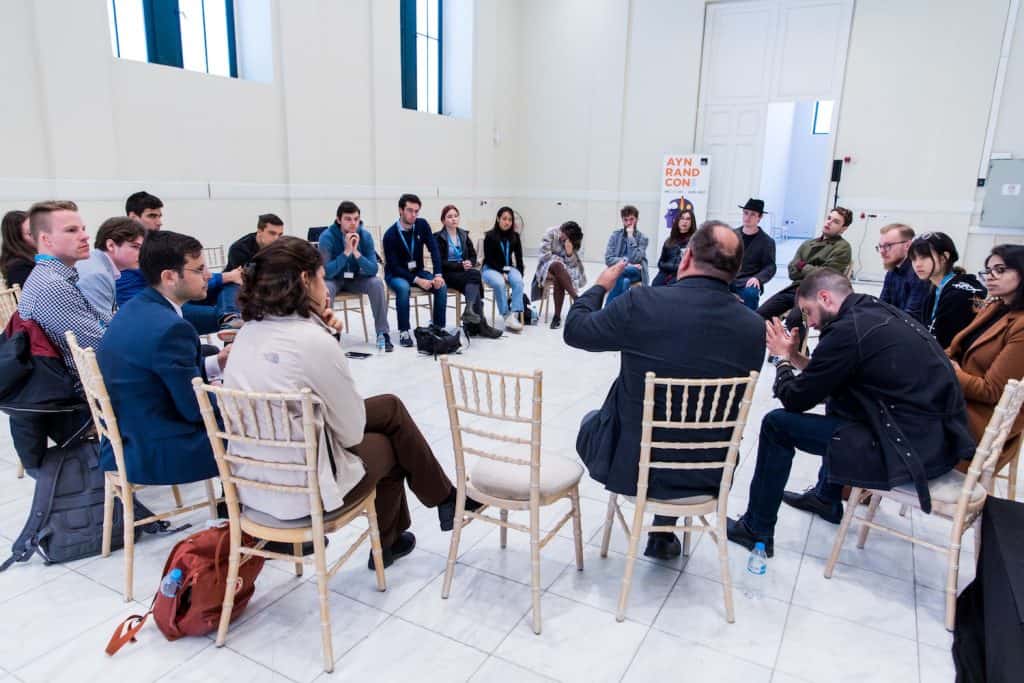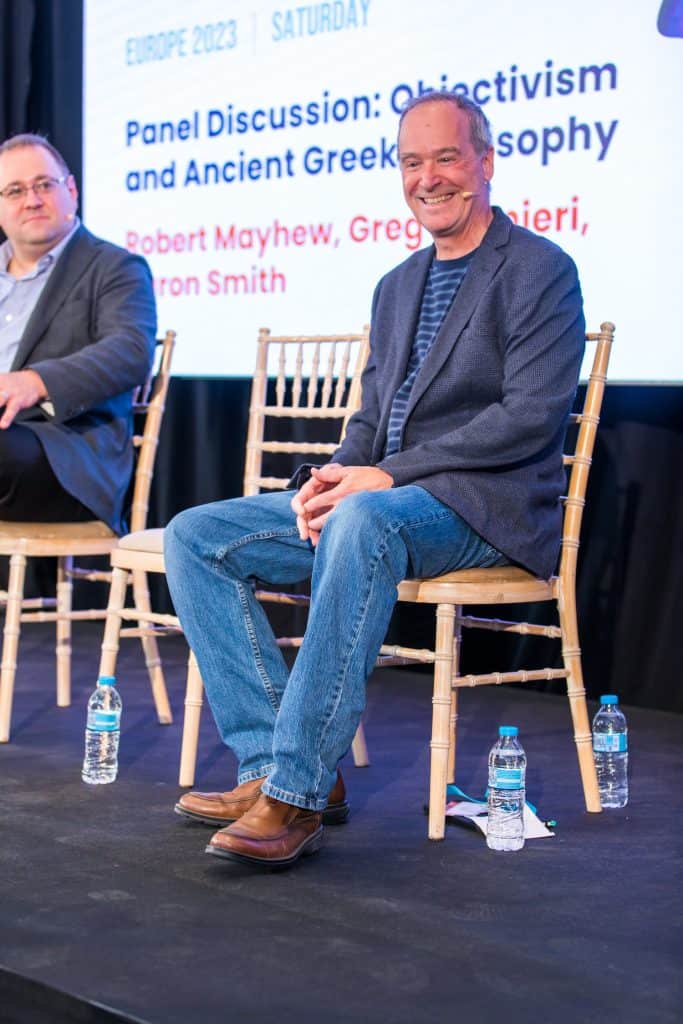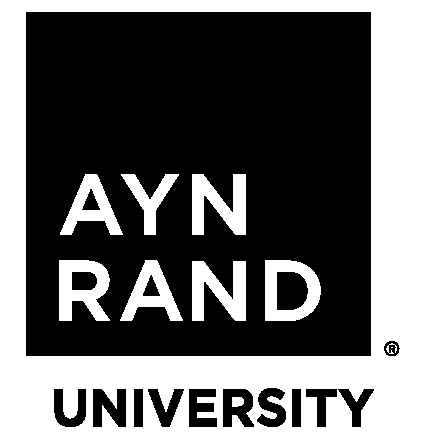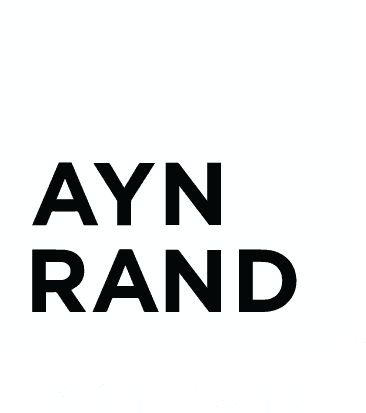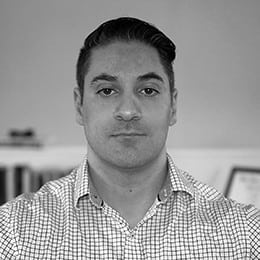
Mike Mazza
Dr. Mazza is an associate fellow at the Ayn Rand Institute. He specializes in the philosophy of science with a particular interest in causality. Dr. Mazza received his PhD in philosophy from Saint Louis University.
This course explores Karl Popper’s “critical rationalist” philosophy. We will examine and challenge the assumptions that lead Popper to conclude that induction is a myth.
This course explores Karl Popper’s “critical rationalist” philosophy. The course begins by looking at the philosophical and scientific context in which Popper formulated his theories. We will examine and challenge the assumptions that lead Popper to conclude that induction is a myth. The course will contrast “critical rationalism” with the Objectivism’s theory of rationality. We will end the course by looking at Popper’s influence on the sciences and the contemporary “rationalist” movement.
Note: Students must own a copy of Karl Popper’s book, The Open Society and Its Enemies.

